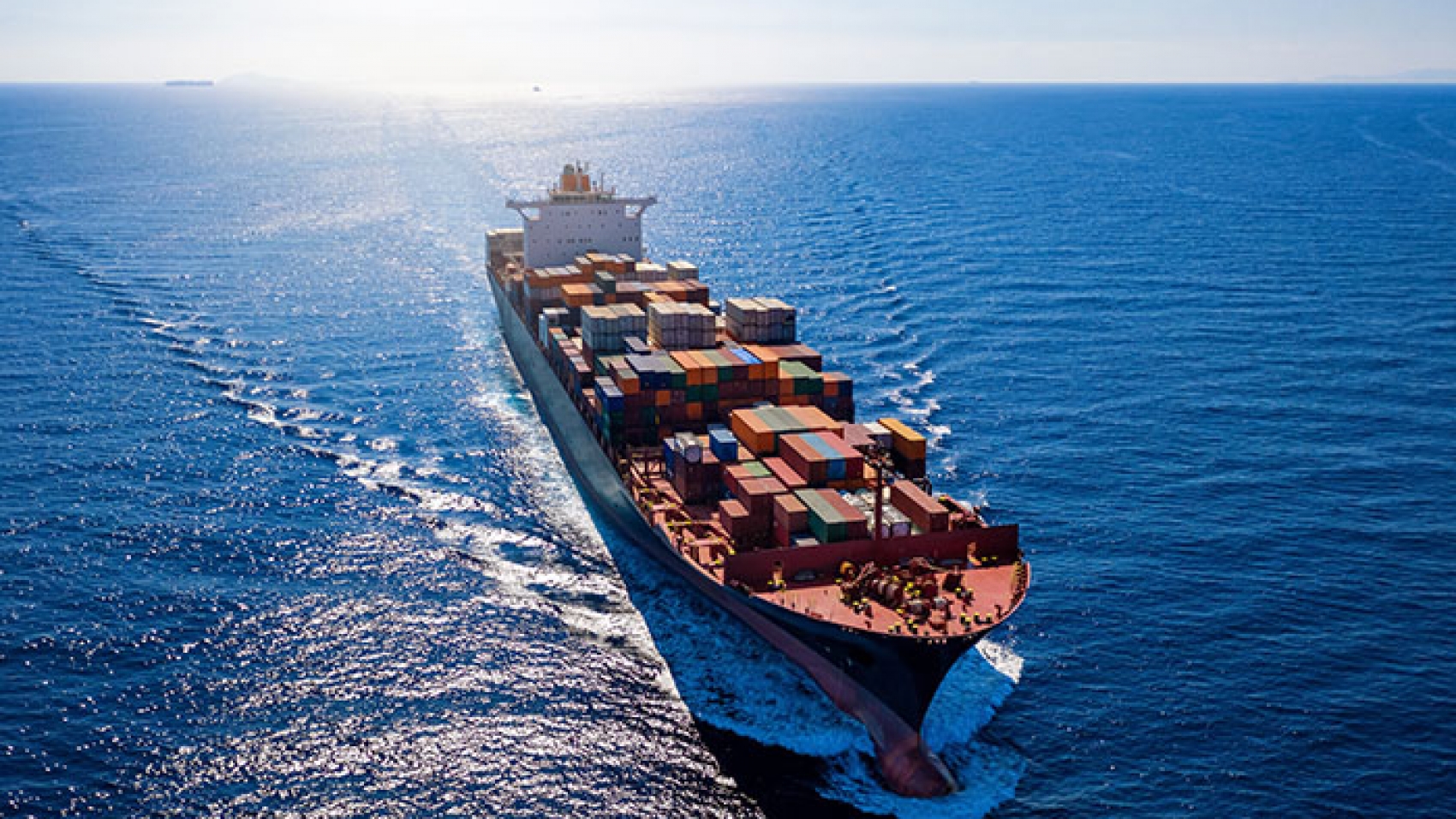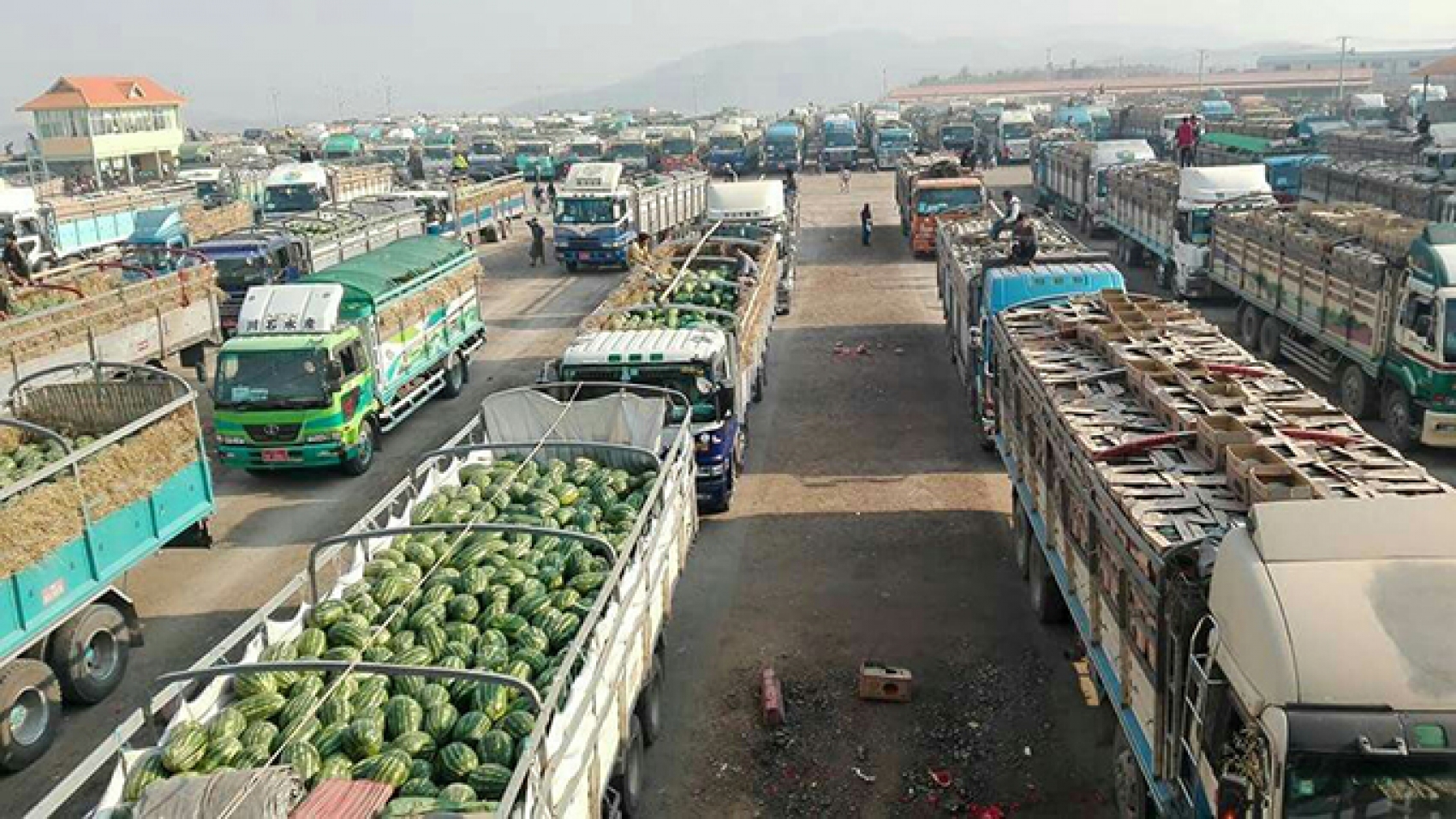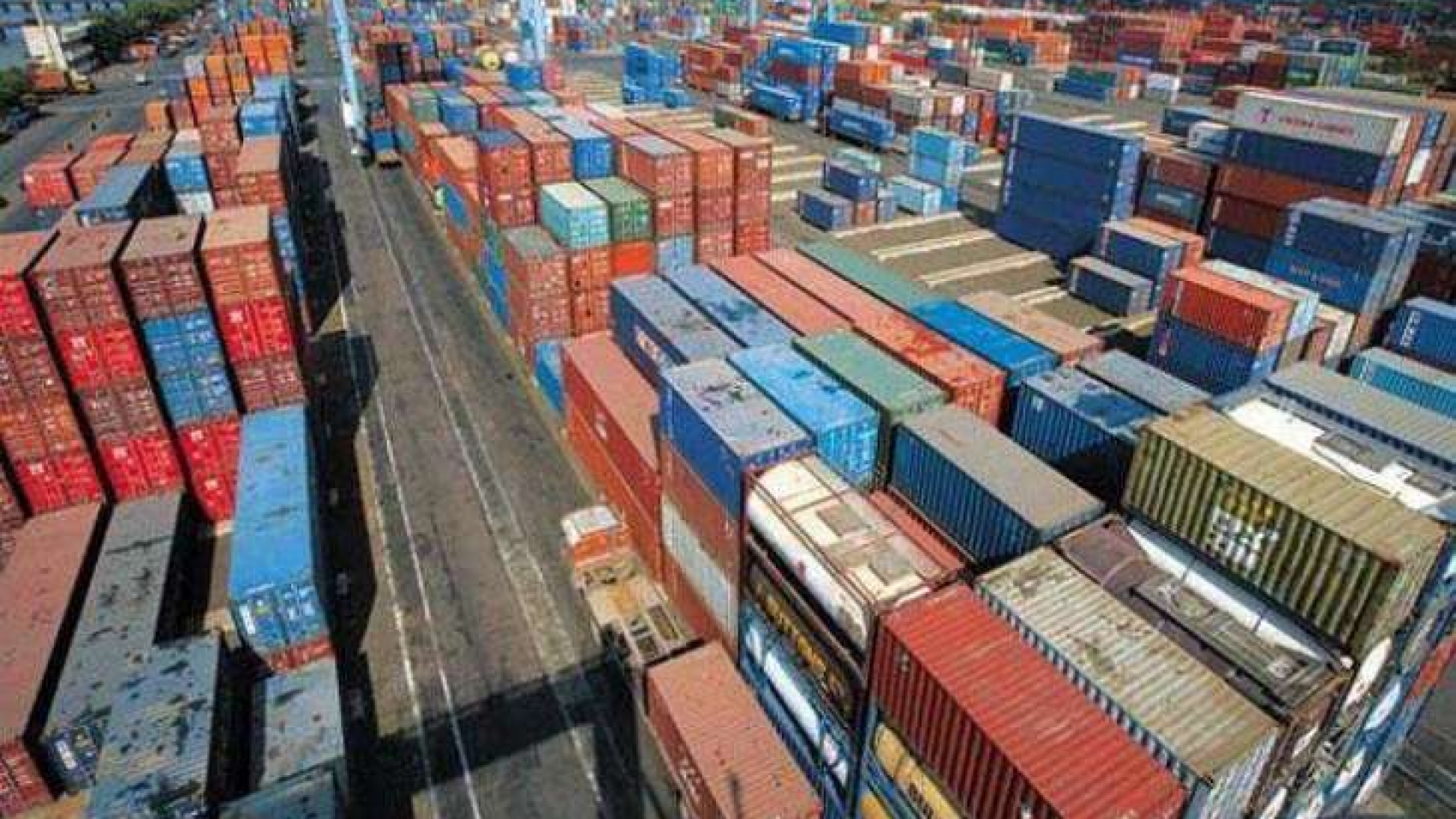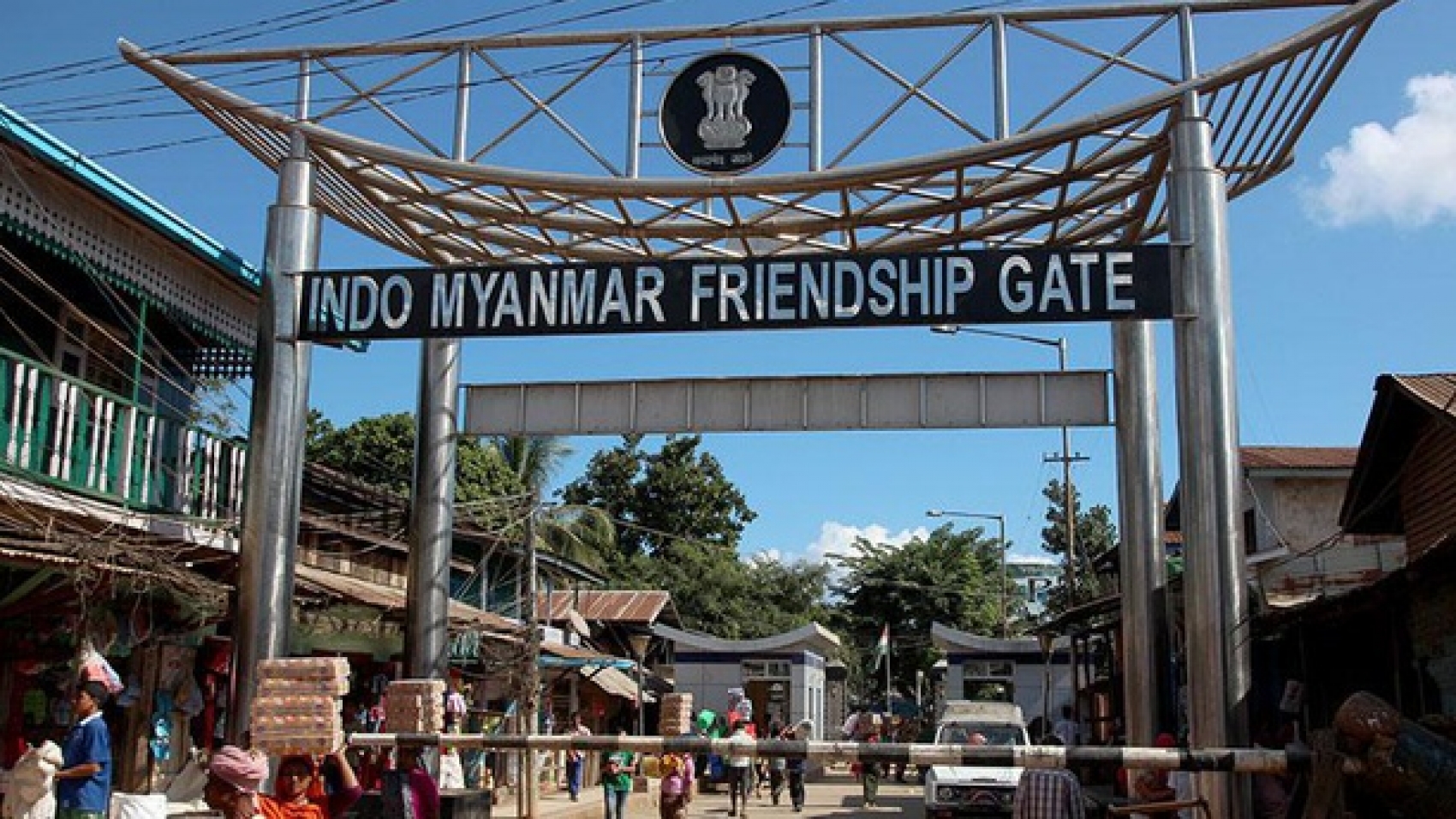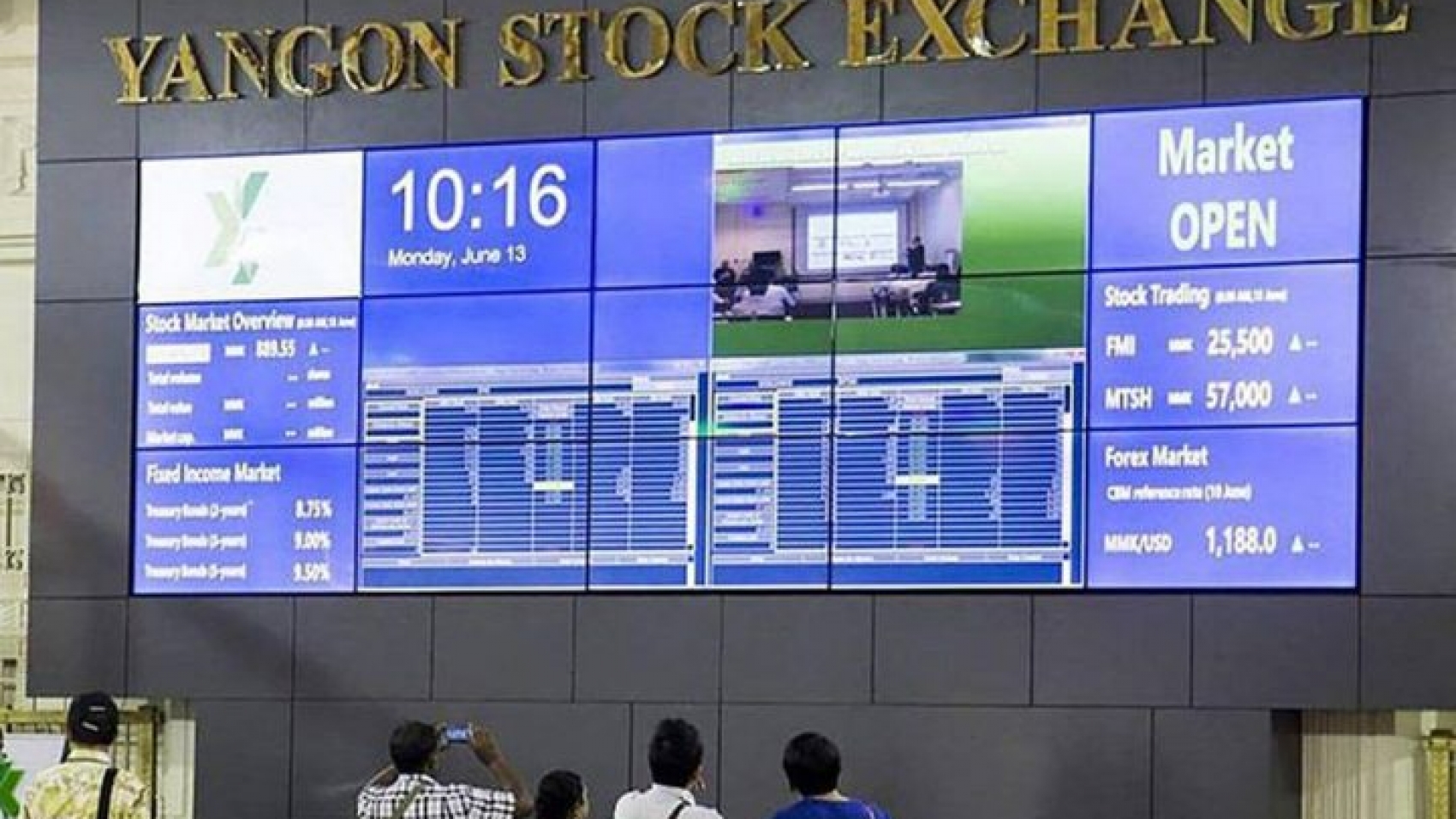THE Ministry of Commerce has extended import permits on the reconditioned machine for the small and medium- sized enterprises, support the establishment of the manufacturing process and reduce the capital expenditure, according to the notification released in the third week of January 2021. The Ministry of Commerce has allowed the import of used machines which are useable since 2015, according to section 13, subsection (b) of the Export and Import Law of the ministry.
The ministry issues the notification every year as per its policy, intending to avoid unnecessary goods piled up and environmental damage, and improving the entrepreneurs’ production capacity. Those reconditioned machines are to be remained usable up to 10 years starting from the import date. The machines shall be repaired to have the usable condition. The import requires a 10-year warranty by foreign sellers. Moreover, the machine parts and accessories of those imported machines shall be easily purchased in the domestic market.
The reshipment inspection certificate with six-month validity is also required to ensure the running condition of those machines, as per the notification. Nevertheless, the permit does not cover home appliances such as refrigerator, air-conditioner, washing machines, copier, printers, televisions, computers and office machines. Those machines which are designated for commercial sales are also not included. The notification comes into effect within 60 days of the issue date (20 January 2021). Those reconditioned machines can be imported only via maritime trade.
Source: The Global New Light of Myanmar

